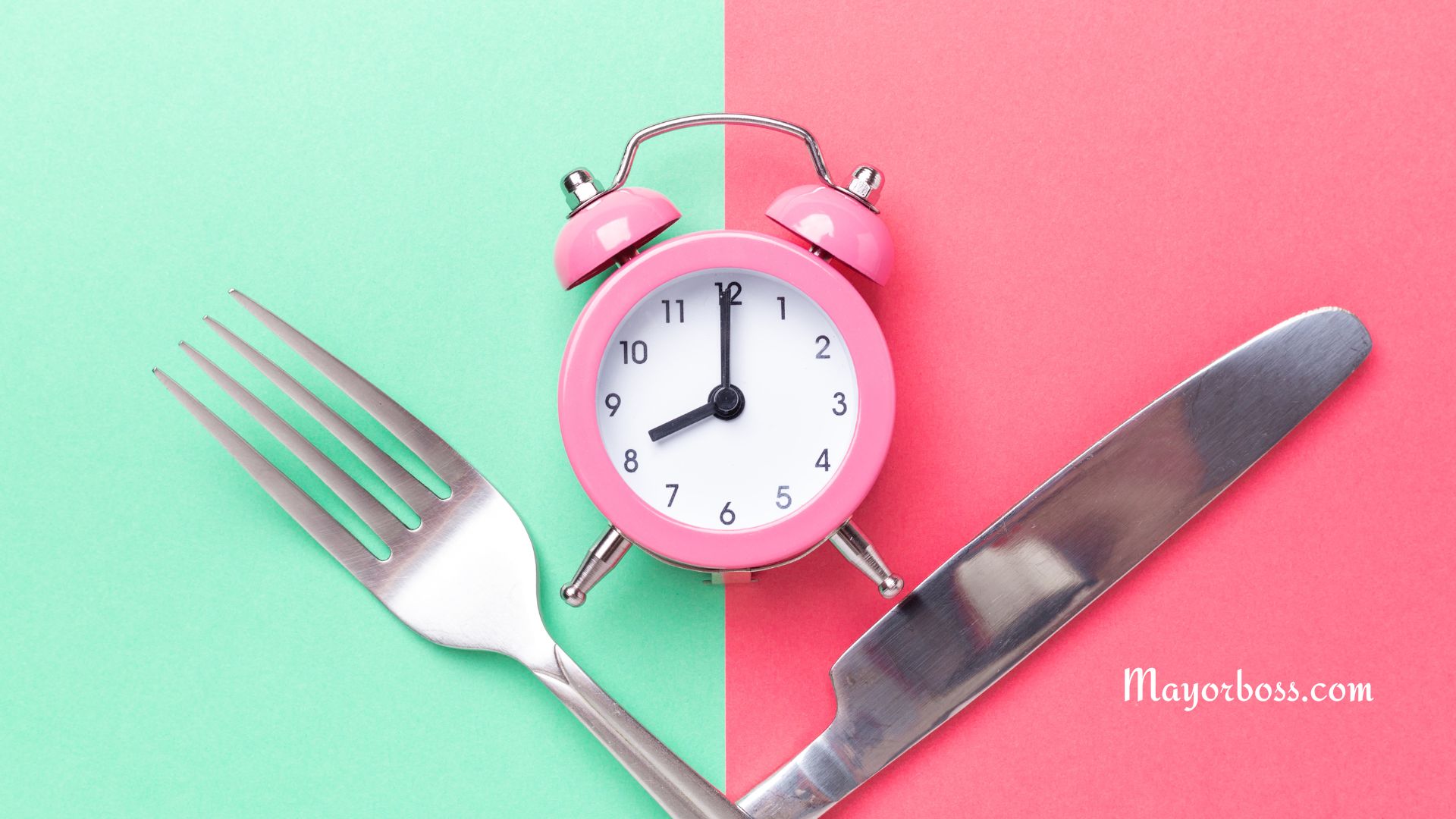What Happens When Your Body Doesn’t Get Enough Iodine
Iodine, an essential trace mineral, plays a vital role in various bodily functions. It’s best known for its significant contribution to thyroid health and the production of thyroid hormones, which regulate metabolism, growth, and development. However, despite its importance, iodine deficiency is common worldwide. What happens when your body doesn’t get enough iodine? Let’s delve into the possible consequences.
The Key Takeaway
Insufficient iodine intake can lead to a series of health issues primarily related to thyroid function, ranging from mild problems like fatigue and weight gain to severe disorders like goiter and developmental issues in children. Therefore, it’s crucial to ensure you’re meeting your daily iodine needs.
Things That Happen to Your Body When You Don’t Get Enough Iodine
1. Hypothyroidism
Hypothyroidism, a condition where your thyroid gland cannot produce enough thyroid hormones, is one of the most common outcomes of iodine deficiency. The signs and symptoms of hypothyroidism can be subtle and generally may mimic those of other conditions. They include:
- Fatigue and weakness
- Unexplained weight gain
- Sensitivity to cold
- Dry skin and hair
- Muscle aches and weakness
- Elevated blood cholesterol levels
- Slow heart rate
- Memory problems or having trouble thinking clearly
- Depression
If you experience these symptoms persistently, it’s a good idea to consult a healthcare provider.
2. Goiter
One of the most visible signs of iodine deficiency is goiter, a condition characterized by the enlargement of the thyroid gland, resulting in a noticeable swelling, especially at the base of your neck. This happens because when your body lacks iodine, the thyroid gland works overtime to produce thyroid hormones, causing it to grow larger.
3. Pregnancy-Related Problems
Iodine plays a critical role in fetal development, particularly brain development. Unfortunately, pregnant women who are iodine deficient can face several complications. These include:
- Preterm delivery
- Low birth weight
- Miscarriages and stillbirths
- Infant mortality
Moreover, the child may suffer from irreversible intellectual and developmental problems, a condition known as cretinism.
4. Cretinism in Children
Children born to mothers who were severely iodine deficient during pregnancy can suffer from cretinism, a condition characterized by intellectual disability, stunted growth, deafness, and speech difficulties. This is one of the most severe consequences of iodine deficiency and is, unfortunately, irreversible.
5. Impaired Cognitive Function
Even mild iodine deficiency can affect cognitive function and ability to learn, especially in children. Studies have shown that children who are iodine-deficient have lower IQs and a diminished ability to learn compared to their iodine-sufficient peers.
6. Slowed Metabolism
Iodine is crucial for the production of thyroid hormones, which regulate your metabolism. A lack of iodine can lead to a slower metabolism, causing you to feel tired, sluggish, and cold. It can also lead to weight gain and difficulty losing weight.
7. Skin, Hair, and Nail Problems
Insufficient iodine can also lead to skin, hair, and nail issues. These can include dry skin, hair loss, and brittle nails — all related to slowed metabolism and reduced sweating due to underactive thyroid function.
8. Swelling in the Legs, Arms, and Face
Severe iodine deficiency can lead to a rare but serious condition called myxedema, which causes swelling in the skin and underlying tissues. This can result in a puffy face, hands, and feet, as well as a hoarse voice and slowed speech.
Final Thoughts
Iodine is a small nutrient with a significant impact on our health. It plays a critical role in thyroid health, metabolic regulation, and developmental processes, among other functions. An adequate iodine intake, achieved through consuming iodine-rich foods or iodine-containing supplements if necessary, is crucial to prevent the issues mentioned above.
So, pay attention to your iodine intake and consult with your healthcare provider if you suspect you might have an iodine deficiency. After all, maintaining a well-rounded, balanced diet that meets all your nutritional needs is the foundation of good health.
Further Reading: Top 10 Foods Rich in Iodine






